Plants stop growing
8 years ago
Related Stories
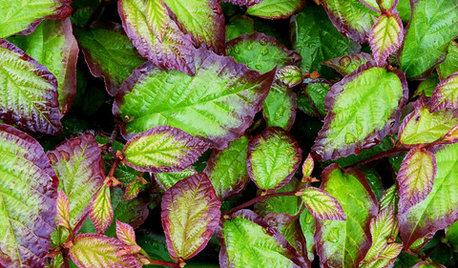
GARDENING GUIDES7 New Plants to Grow for Beautiful Foliage
Add color, structure and interest to your garden with these recently introduced plants that sport exceptional foliage
Full Story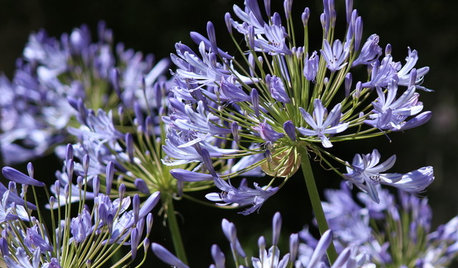
GARDENING GUIDES8 Plants That Snobs Love to Hate — and You'll Love to Grow
Don't dismiss these common annuals, perennials and shrubs — there are reasons they've been popular for so long
Full Story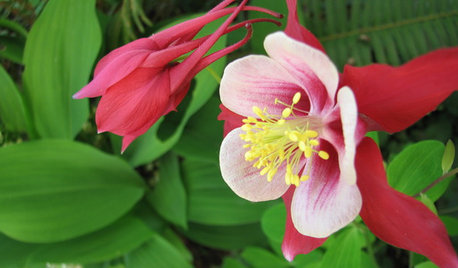
GARDENING FOR BUTTERFLIESGreat Design Plant: Columbine Grows Happily in Shade and Sun
Its ethereal beauty comes from complex forms and wide-ranging colors, but columbine’s benefits are highly attractive too
Full Story
HOUSEPLANTS10 Top Plants to Grow Indoors
Brighten a room and clean the air with a houseplant that cascades artfully, stretches toward the ceiling or looks great on a wall
Full Story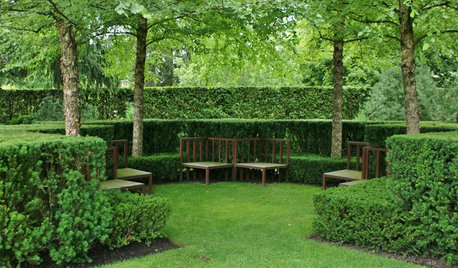
GARDENING GUIDESGrow Your Own Privacy: How to Screen With Plants and Trees
Use living walls to lower your home and garden's exposure while boosting natural beauty in your landscape
Full Story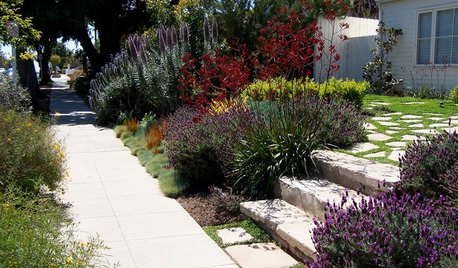
LAWN ALTERNATIVESStop Fighting the Patchy Lawn!
Here are 3 situations where a garden may be a better idea than more turfgrass
Full Story
FEEL-GOOD HOMEStop That Draft: 8 Ways to Keep Winter Chills Out
Stay warm without turning up the thermostat by choosing the right curtains, windows and more
Full Story
GARDENING GUIDESHow to Stop Worrying and Start Loving Clay Soil
Clay has many more benefits than you might imagine
Full Story
EDIBLE GARDENSSummer Crops: How to Grow Tomatoes
Plant tomato seedlings in spring for one of the best tastes of summer, fresh from your backyard
Full Story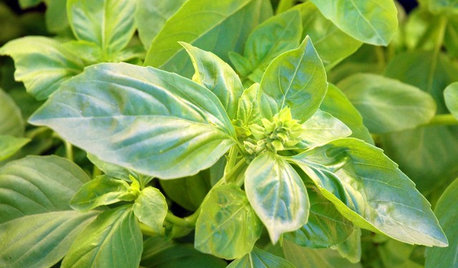
SUMMER GARDENINGHow to Grow Basil
Bright color, quick growth and endless uses for cooking make this summer annual a winner in the garden or a pot
Full Story









ken_adrian Adrian MI cold Z5
Brian LanningOriginal Author
Related Professionals
Holly Springs Landscape Architects & Landscape Designers · Marco Island Landscape Architects & Landscape Designers · Saint Louis Park Landscape Architects & Landscape Designers · Tempe Landscape Contractors · Maple Valley Landscape Contractors · Cockeysville Landscape Contractors · Desert Hot Springs Landscape Contractors · Hilton Head Island Landscape Contractors · Lancaster Landscape Contractors · Louisville Landscape Contractors · Milford Landscape Contractors · Pacifica Landscape Contractors · Panama City Beach Landscape Contractors · Saint Paul Landscape Contractors · Kingsburg Landscape Contractorstsugajunkie z5 SE WI ♱
Brian LanningOriginal Author
rhizo_1 (North AL) zone 7
kimmq
Brian LanningOriginal Author